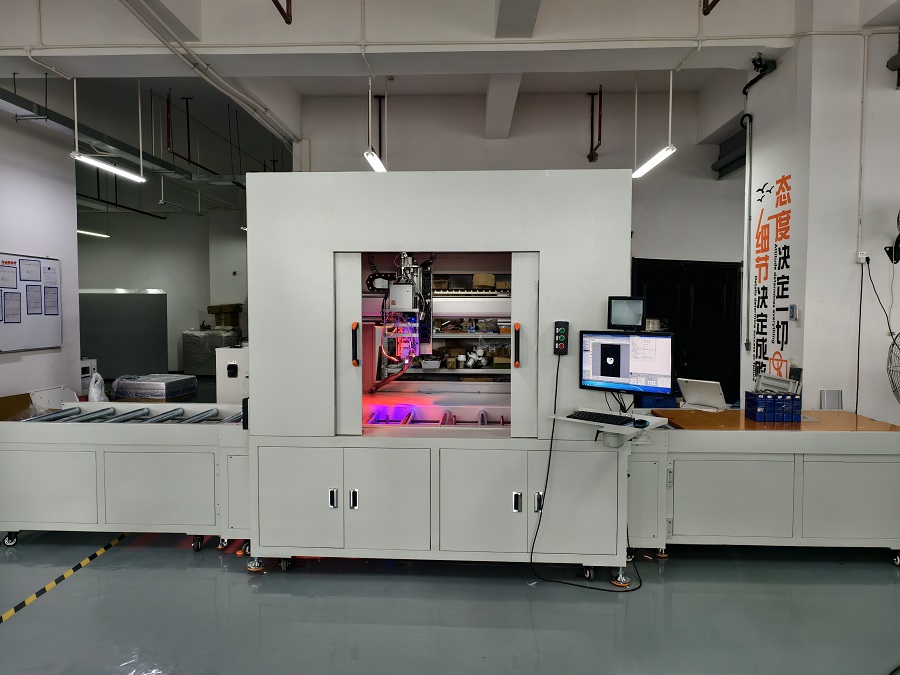Can Lithium-Ion Battery Laser Welding Machines Achieve Automated Material Handling?
In the realm of lithium-ion battery production, achieving high efficiency and precision is paramount. As companies look to optimize their manufacturing processes, one question often arises: Can lithium-ion battery laser welding machines integrate automated material handling systems?

Integration with Robotic Systems
Modern lithium-ion battery laser welding machines can indeed be equipped with robotic arms or conveyor systems for automated material handling. These robots are capable of picking up battery cells, positioning them accurately under the laser head, and placing them back after welding without human intervention.
Automated Feeding Mechanisms
Advanced feeding mechanisms such as vibratory bowl feeders, belt conveyors, or pneumatic systems can be integrated into the workflow. They ensure a steady supply of materials to the welding station, improving throughput and reducing cycle times.
Smart Conveyor Systems
Conveyor systems designed with sensors and smart controls can automatically adjust speeds based on the position of the material, ensuring smooth transitions between different stages of the process. This minimizes idle times and optimizes the flow of materials through the production line.
Software Integration for Process Control
The software that controls these systems plays a critical role in automating material delivery. It allows for real-time monitoring and adjustment of the entire process, including material tracking, quality checks, and inventory management. When integrated with MES (Manufacturing Execution Systems), it provides comprehensive oversight and data analytics capabilities.
Ensuring Flexibility and Scalability
One of the advantages of integrating automation into lithium-ion battery laser welding machines is the ability to handle various sizes and types of batteries. With adaptable fixtures and programmable parameters, the same system can accommodate different products, making it easier to scale production or switch between models.
Maintenance Considerations
While automation brings significant benefits, it also requires regular maintenance to keep all components running smoothly. Sensors need calibration, belts may wear out, and robotic arms require periodic lubrication. Implementing a preventive maintenance schedule ensures minimal downtime and sustained performance.
Lithium-ion battery laser welding machines are fully capable of incorporating automated material handling solutions, which not only enhance productivity but also contribute to higher quality standards. For businesses considering an investment in this technology, consulting with experienced suppliers like Haiwei Laser can provide tailored advice based on specific needs and objectives. By focusing on integration, flexibility, and maintainability, companies can build efficient and scalable production lines that meet current demands while preparing for future growth.
Recent Posts
- What are the advantages of laser welding machines in lithium battery pack production lines?
- What issues should be noted when choosing a lithium battery pack production line?
- Quality Inspection and Control of Lithium Battery Module Pack Production Line
- Cell grouping and sorting process in lithium battery module pack production line
- What are the safety hazards of lithium battery pack production lines and how can they be prevented?
INQUIRY

